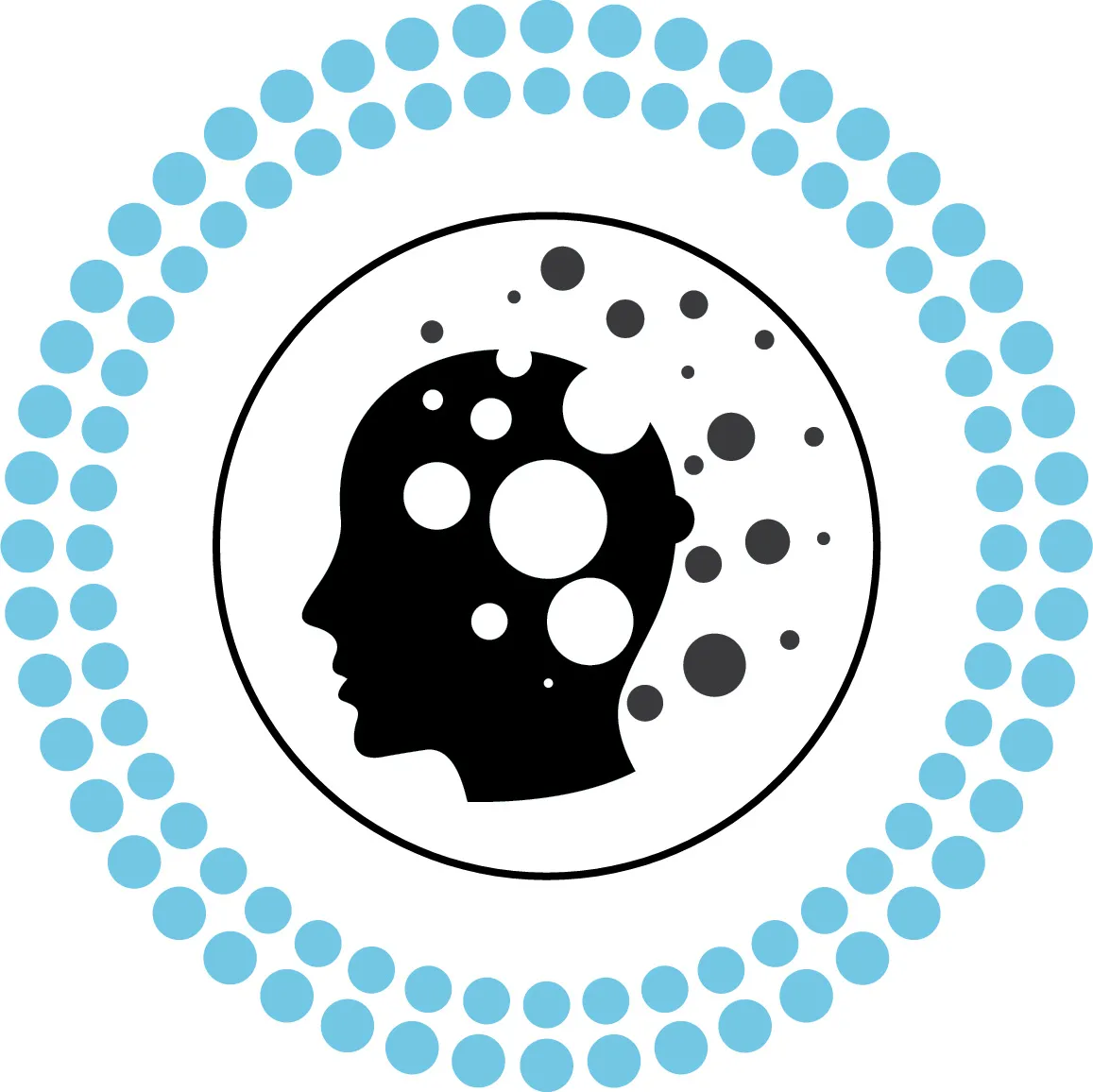Introduction
The journey from adolescence to adulthood is a time of great change and personal growth. It is a time when individuals begin to discover their unique identities and place in the world. In this article, we will explore the journey from adolescence to adulthood through the lens of Carl Jung’s theories of personal development and individuation.
The Importance of Individuation in Adolescence and Adulthood
Carl Jung believed that the process of individuation, or the process of becoming an individual, is a lifelong journey that begins in childhood and continues into adulthood. Individuation is the process of integrating the different parts of the self, including the conscious and unconscious mind, in order to become a whole and integrated person. In adolescence, individuals begin to separate from their parents and form their own identities. This is an important step in the process of individuation, as it allows individuals to develop a sense of self that is separate from their parents and other authority figures.
The Role of the Unconscious Mind in Adolescence and Adulthood
As individuals move from adolescence to adulthood, the unconscious mind plays an increasingly important role in their personal development. The unconscious mind is the source of our deepest thoughts, feelings, and desires. It is the part of the mind that is not immediately available to our conscious awareness, but it still influences our thoughts and behaviors. As individuals age, they begin to tap into the unconscious mind, which can lead to greater self-awareness and a deeper understanding of themselves.
Overcoming the Challenges of Adolescence and Adulthood
The journey from adolescence to adulthood is not without its challenges. Individuals may struggle with feelings of insecurity, confusion, and uncertainty as they navigate the changes that come with growing up. They may also struggle with feelings of anxiety and depression as they try to find their place in the world.
Jung believed that the best way to overcome the challenges of adolescence and adulthood is to become more aware of the unconscious mind and to work with it, rather than against it. This can be done through techniques such as meditation, journaling, and therapy. By understanding the unconscious mind and working with it, individuals can gain insight into their thoughts and behaviors, and develop the resilience and self-awareness needed to navigate the challenges of adolescence and adulthood.
Conclusion
The journey from adolescence to adulthood is a time of great change and personal growth. By understanding the process of individuation and the role of the unconscious mind, individuals can navigate this journey with greater self-awareness and a deeper understanding of themselves. Through the lens of Carl Jung’s theories, individuals can learn to overcome the challenges of adolescence and adulthood and achieve a sense of wholeness and integration in their lives.




